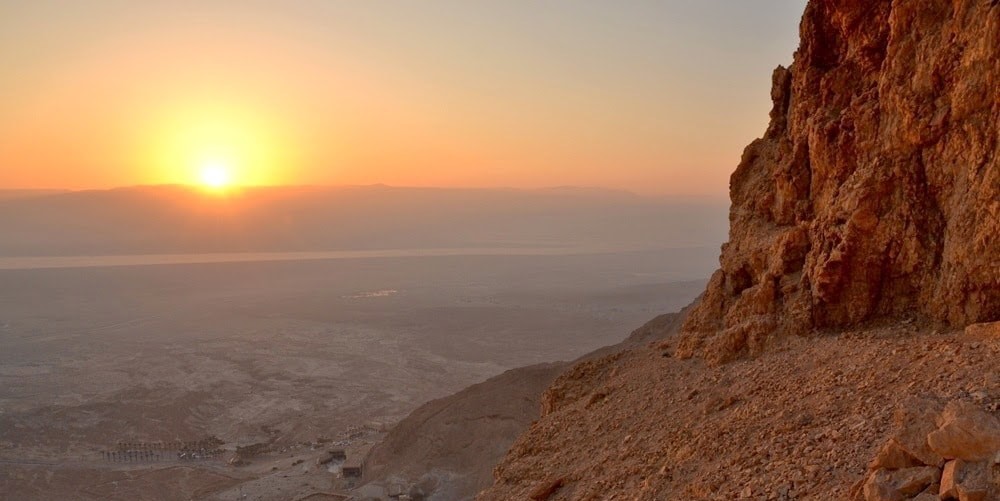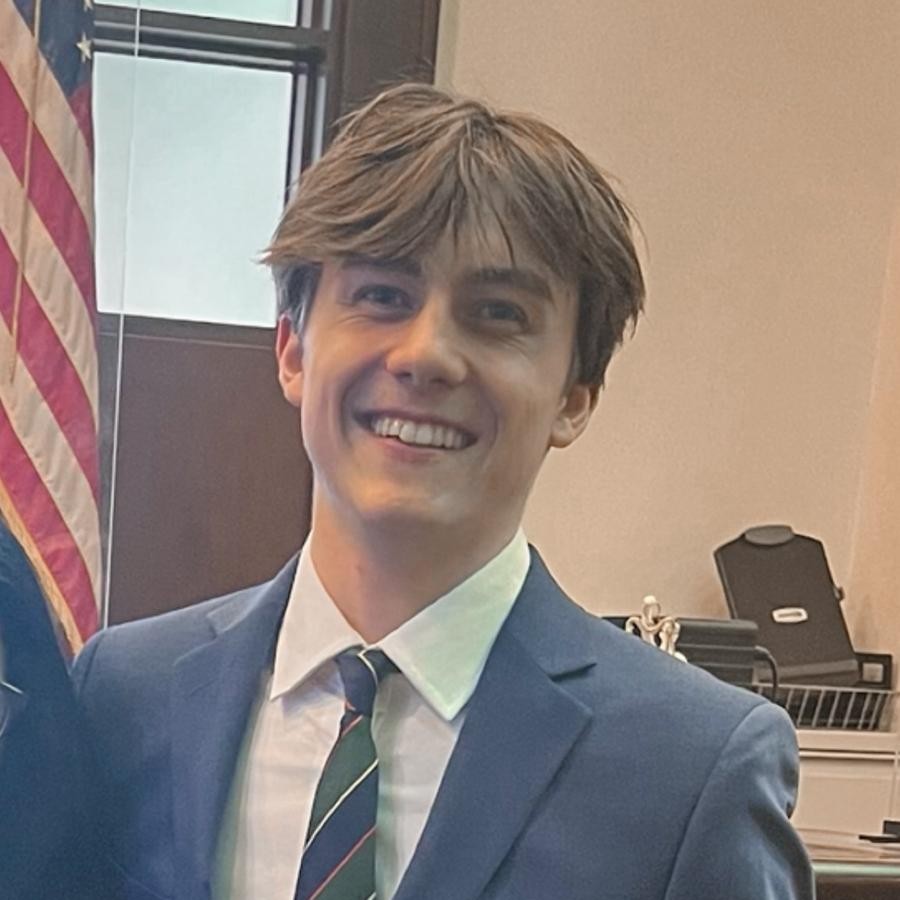Dawn at Masada

I've always had a personal quarrel with Masada—a tension between my nocturnal nature and the site's demand for early risers who alone can witness its true splendor. My previous visits generated beautiful photographs that later inspired wistful longing ("I can't wait to return to the most beautiful place on earth"). Yet, while actually present, I'd be caught in a self-imposed grumpiness.
This time, despite the brutal mathematics of sub-four hours of sleep plus one pitiful hour on the bus, I approached the ancient fortress with deliberate intentionality—a mission to transcend my fundamental nature and experience the site's profound beauty unfiltered by fatigue. This transformation of mindset worked. Standing atop the plateau as dawn illuminated the Dead Sea and Jordanian mountains, I finally witnessed what my camera had always known: Masada as the ultimate tessellation of natural and divine design, where human history is inscribed upon geological time in a way that renders the distinction between the two momentarily irrelevant.
Our class stood at the edge of Masada's precipice, each of us taking turns calling our names into the vast valley below—the sound traveling outward and returning as an immense echo that reverberated through both space and time. This echo became more than mere acoustics; it manifested physically what Zionism is: the proposition that the Jews of Masada live on both in us and in the land, but this ancestry can only be fully actualized through our combined presence. Masada is a cautionary tale of Jewish survival—the impossible reconciliation between preservation and adaptation.
The Jewish story has always balanced the prayers of our ancestors—that profound longing to return to Jerusalem, not just physically but in the realm of collective dream—with the pragmatic demands of each era. Our continuity as a nation has often depended upon selective assimilation while maintaining core cultural threads. This dilemma is neither unique nor modern. It is the perpetual existential question of Jewish history: How are we to carry forward ancient wisdom while navigating contemporary waters?
For us young American Jews, this is a more pervasive and intimate question than ever before. On today's college campuses where "anti-Zionism" manifests itself as antisemitism in modern dress, and in the professional world where our Jewish identities are expected to be diluted for others' comfort, we are preparing for an America where we are asked to confront our own version of this ancient dilemma (though forced may be the more apt term).
Our answer must be unified. We must choose unflinching resistance in the face of hate over a comfortable accommodation. We will not apologize for defending Israel against those who question its right to exist, nor will we remain silent when facing hostility. In honoring our ancestors who stood at Masada, we commit to preserving our national identity and heritage against all challenges.

Brady Jenness is 16 years old and a junior at Avenues The World School, in New York City

